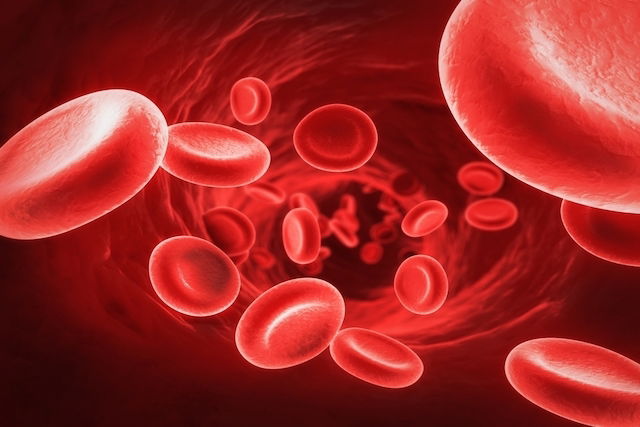Ferritin is a protein produced by the liver that is responsible for the storage of iron. Iron is essential for the formation of red blood cells.
Ferritin tests are useful to determine whether there is an excess or deficiency of iron in the body. It is usually tested with blood iron levels and a complete blood count. It is also used to help with diagnosing the acute phase of an infection or inflammation.
Normally, in healthy people, normal iron levels are between 30 a 300 ng/mL in men and between 10 to 200 ng/mL in women. It is normal for ferritin levels to dip in pregnant women due to a higher volume of circulating blood and due to iron passage from the placenta to the baby.

Normal levels
Generally, the normal level of ferritin ranges from 30 to 300 ng/mL in men and 10 to 200 ng/mL in women. However, the reference value for ferritin in the blood can vary depending on the laboratory where the test was carried out.
Depending on the changes identified in the ferritin test result, the doctor may order other blood tests, such as a complete blood count, CRP and/or TGO and TGP levels, in order to identify the cause and start the appropriate treatment.
What results mean
A ferritin result should be assessed by a hematologist or general practitioner, who will also consider any presenting symptoms, the person's health history and other test results.
High ferritin
Symptoms of high ferritin may be a sign of high iron levels, which may occur with inflammation or infections. This protein can become elevated in cases of acute inflammation or infection, such as:
- COVID-19
- Hemolytic anemia
- Megaloblastic anemia
- Alcoholic hepatitis
- Hodgkin’s lymphoma
- Myocardial infarct in men
- Leukemia
- Hemochromatosis
Symptoms of high ferritin: Generally, people with high ferritin levels may feel joint pain, fatigue, shortness of breath or abdominal pain. Treatment for high ferritin varies according to the underlying cause, but blood dialysis may be recommended to level out excess amounts. Patients are advised to eat less foods that contain iron or vitamin C.
Low ferritin
Low ferritin levels usually indicate decreased iron levels. The liver stops producing iron as there is no iron available for storage. The main causes of low ferritin are:
- Iron deficient anemia
- Hypothyroidism
- Gastrointestinal bleed
- Intense menstrual bleeding
- Diet low in iron and vitamin C
Symptoms of low ferritin: Symptoms of low ferritin include fatigue, weakness, pallor, lack of appetite, hair loss, headaches and dizziness. Treatment can involve daily iron supplementation or iron-rich foods with vitamin C sources, like meat, beans and oranges.
Why it is ordered
The ferritin test is usually ordered to:
- Check the amount of iron in the body, especially if anemia is suspected
- Monitor the response to treatment, in the case of iron deficiency or hemochromatosis, for example
- Assess inflammation levels in the body along with other tests, due to infections and diseases such as rheumatoid arthritis.
However, the most common indication for the ferritin test is to assess the body's iron stores in the event of suspected anemia. The doctor will also often order other tests like a complete blood count and serum iron and/or blood transferrin, to confirm the diagnosis. Learn more about anemia blood tests your doctor may order.
